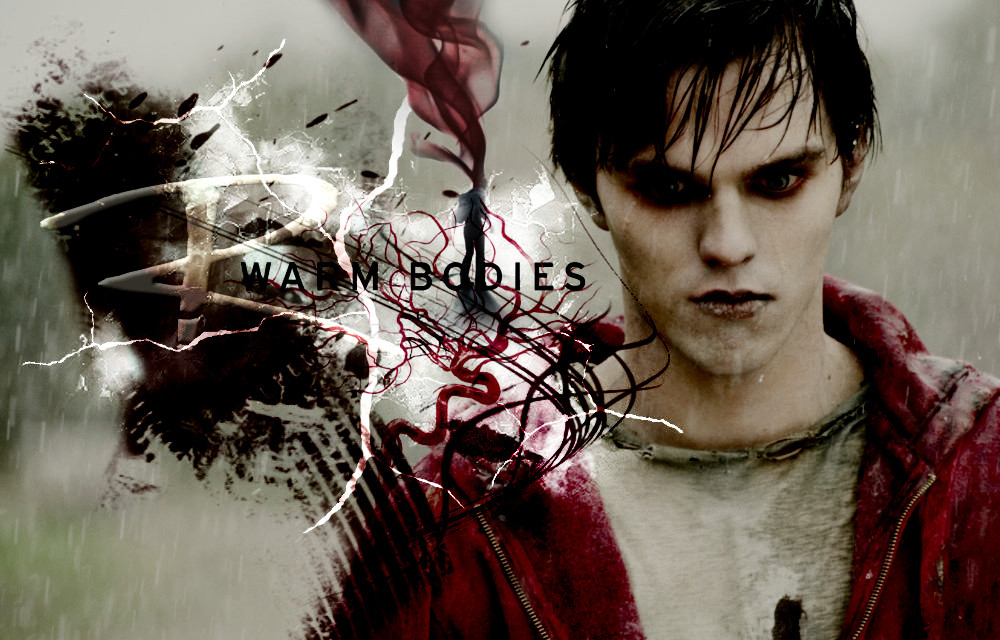
‘Cinema is the ultimate pervert art. It doesn’t give you what you desire – it tells you how to desire’ – Slavoj Zizek
In the movie Warm Bodies we encounter a movie that follows the overly tired structure of any romantic comedy today. You know, the one where a clan of the undead seek out the last remaining warm-blooded remnant in a virus-laden post-apocalyptic reality overseen by none other than John Malkovich himself. You know, that overused narrative arc where the protagonist is a zombie with a conscious who attacks a small group of young survivors and falls in love with the strong-willed blonde and ends up eating her boyfriends’ brains [oh, and gaining his memories].
The inception of the movie is quite an intriguing appartus. Not only due to the fact that there whole reason for being is entertainment [pleasure], but also they are a window into our very psyche. It materializes the very fabric of social thought and practice. Emerging off the very screen is the very ideology we are sometimes unaware of. A simple example of what ideology is, would be when we wake up early in the morning and reach over and turn off our alarm clocks, without even thinking about it or even the need to open our eyes. We do it without thinking; that’s the main feature of ideology – that we know what we do.
So, what about a movie about dead people and the consumption of brain matter and zombie remake of Romeo and Juliet, what could this have to do with us, you know who live in the ‘real world’? Here’s a few things I think we can take away.
(1) The most obvious one: We are the zombies. It is ironic that the first scene we meet the zombie protagonist is in an airport. Why? Because airports are all about transition. Transportation. Movement. Progress. Getting from here to there. Destinations. Purpose. Yet, we meet zombies, who essentially have no purpose other than to be dead. To desire without end or even purpose. For them, there is no destination. No place to go. Also, what is an airport if not also a microcosm of the larger world – we meet all kind of people, from all kinds of places in airports Its a multi-cultural experience. Except, now it isn’t. Everyone’s dead and simply going around bumping into each other without acknowledging each other. Which is yet another real symptom in today’s ever-changing ethnic landscape. That we would prefer not to have to interact with each other, we would be better off if we simply disregarded one another, but we don’t even do that, we see right passed each other.
As ‘R’ (short for ‘Romeo’) narrates he deals with some of the people prior to their conversion and envisions their employment roles, as if that we real life, and all-too-easily we hear the critique that the way the world functions [i.e., who really wants to be a janitor in an airport – this is one of the characters he introduces us to] is simply nothing less than a cemetary. That we would be better off dead and mumbling to each other, at least we get to chase after what we want – we may never get it – yet another point about the nature of desire itself. We consume, not knowing why, but that we somehow should.











